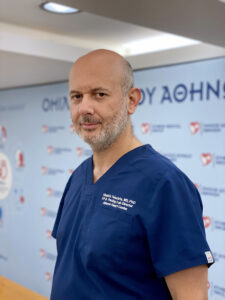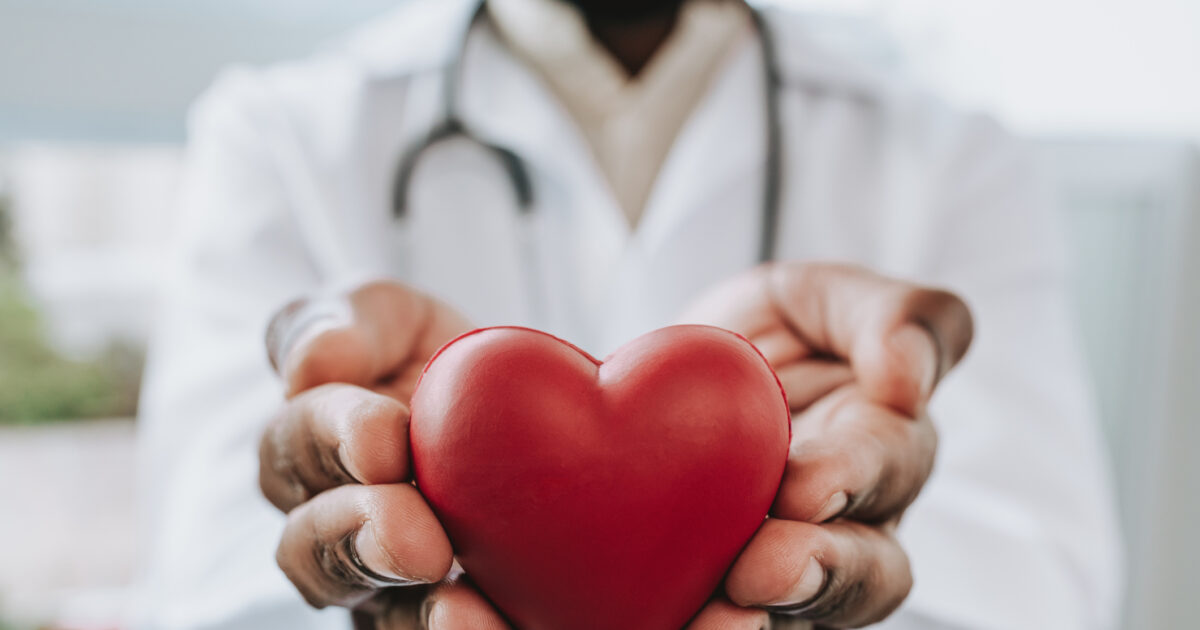Remembering sun exposure and high temperatures, especially when accompanied by intense physical activity, can lead to a severe burden on our cardiovascular system.
High -risk groups
Especially when it comes to elderly but also patients suffering from many concomitant diseases and taking cardiological drugs, it is assumed that medication is required.
Heart patients, hypertensive and diabetics must contact their physician and adjust the dosage of their medicines, in particular diuretics and, in general, antihypertensive drugs. Often in the summer on the appearance of muscle cramps, magnesium supplements should be administered which also improve the feeling of fatigue.
- Monitoring basic health indicators
Daily body weight monitoring, as well as frequent measurements of blood pressure and heart rate, are critical tools for early identification of deregulation, such as fluid retention or arrhythmias. Patients with heart failure should place particular emphasis on daily weight changes, which may indicate tumor overload.
- Hydration
The general rule constitutes consumption of 8–10 glasses of water daily due to increased fluid losses through sweating. However, in patients with heart failure, daily fluid intake should usually be limited to up to 1.5 liters (about 6 glasses), according to the instructions of the treating physician. Diuretic treatment should be adjusted personalized, based on weight values and clinical picture of the patient.
Hydration can be enhanced by eating water rich foods, such as vegetables and fruits. However, diabetic patients should be careful in intake of high sugar fruit.
- Diet
In the summer our calorie metabolism is reduced, so our nutritional needs. Light meals are recommended, such as oil, boiled greens and fresh salads, always with a measure in the use of olive oil.
When consuming meals outside the house, it is advisable to avoid fried and fat dishes, as many of them are made with multiple used oils, which may contain oxidative by -products harmful to vessels. Ideal options are grilled fish, such as sardines, rich in omega-3 fatty acids with cardioprotective action.
- Alcohol consumption
Although red wine is known for its antioxidant content, alcohol abuse, especially during the summer months, can cause arrhythmias, such as atrial fibrillation mainly through the induced gastroesophageal reflux.
- Physical activity
Physical fatigue at high temperatures has an increased cardiac risk, especially for patients with known heart disease. Intermittent exercise is proposed, with rest breaks and a progressive increase in tension, especially for middle -aged people and people with sedentary life.
Intense sweating causes electrolyte losses, therefore, in cases of intense activity, it can be useful to take electrolytic preparations, precautionary or repair, especially if there is a “salty sweat” sense.
- Swimming with care
Swimming is an excellent form of exercise, but the elderly and heart patients should be very careful. It is recommended to remain in shallow water, as many drownings are due to exhaustion on the return to the shore. Never swim alone, especially if there is a history of cardiac disease, and in the event of any sickness, get out of the water immediately.
- Sun protection
Avoiding sun exposure, especially at noon, is essential for heart patients. It is recommended to use light, lightweight clothes, hat, sunglasses and sunscreen to avoid thermal stress. In patients with severe heart disease, prolonged sun exposure should be strictly avoided.

Writes Dimitris TsiachrisCardiologist – Invasive Electrophysiologist, Assistant Professor of Cardiology of the EKPA, Scientifically OfficerAthens Heart Center», Athens Medical Center
Read more articles on issues related to your health, here
